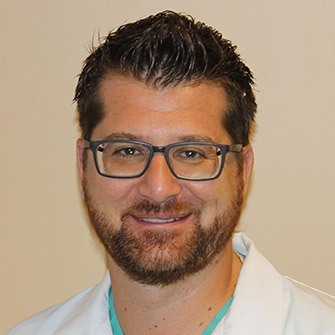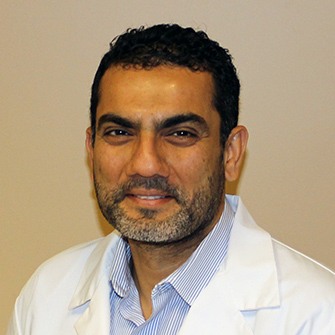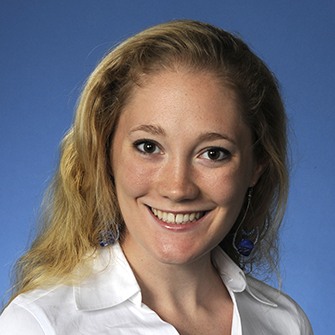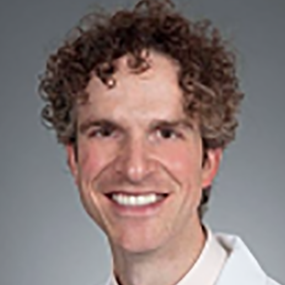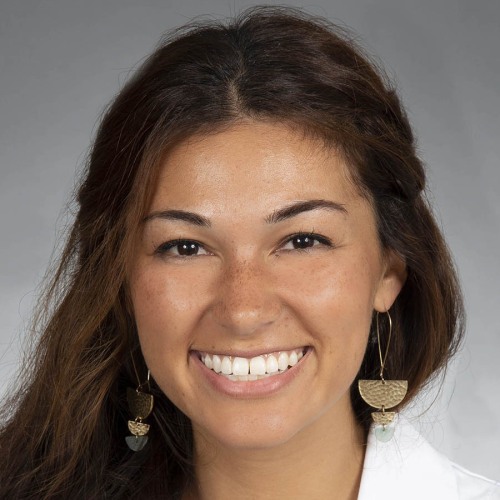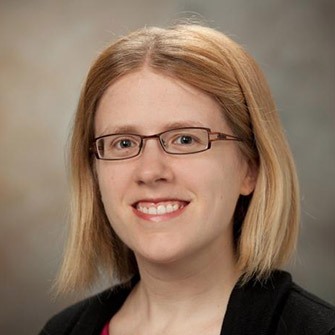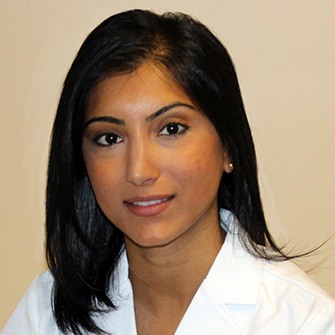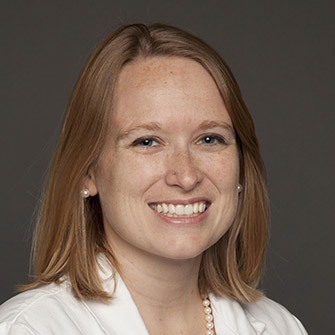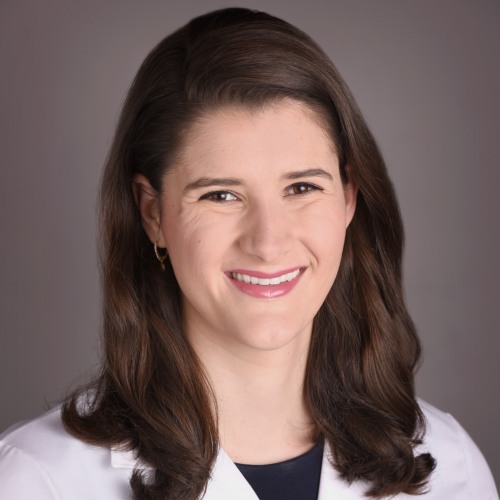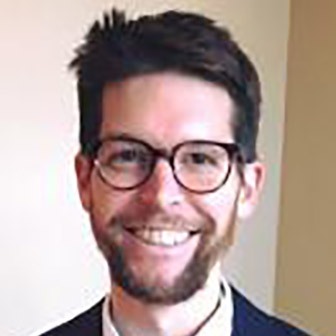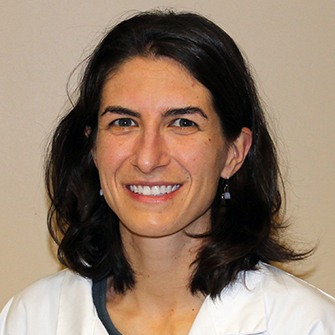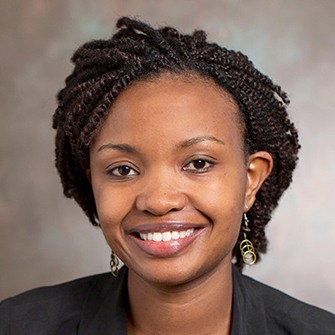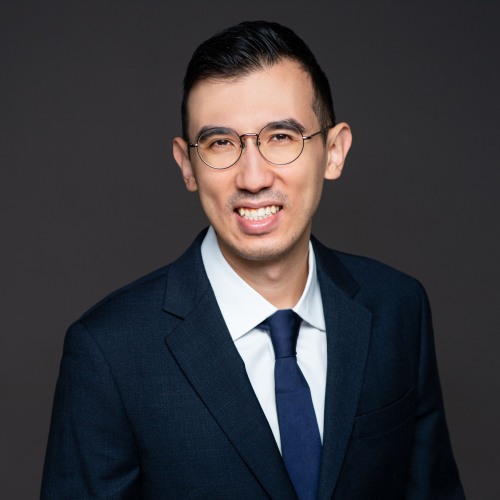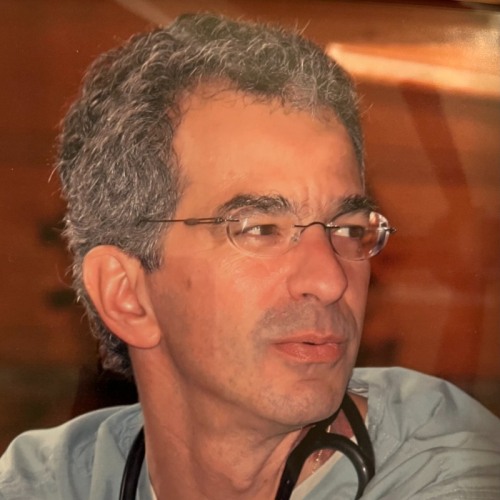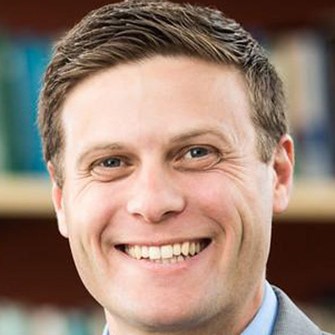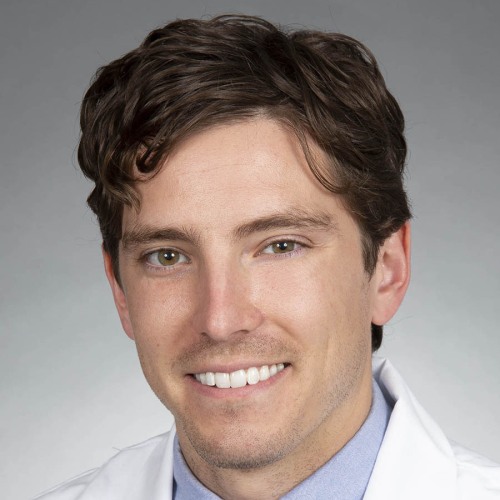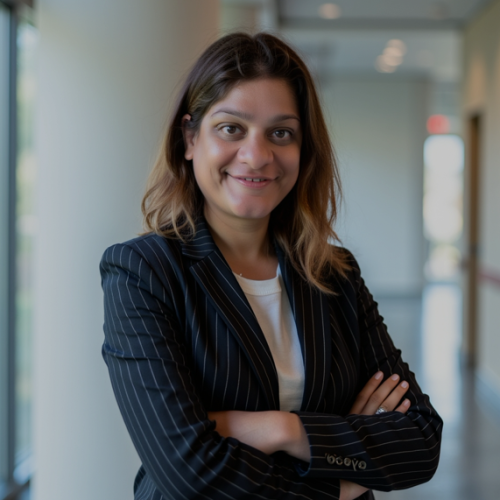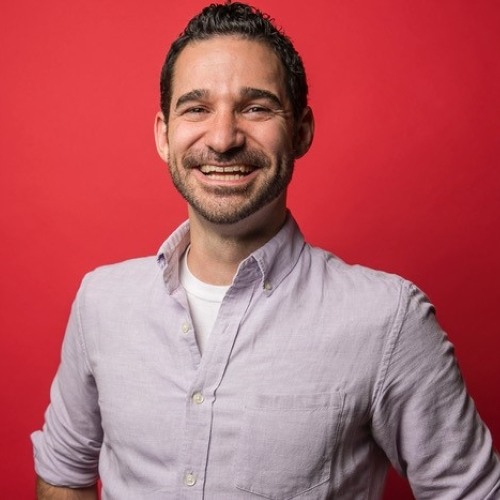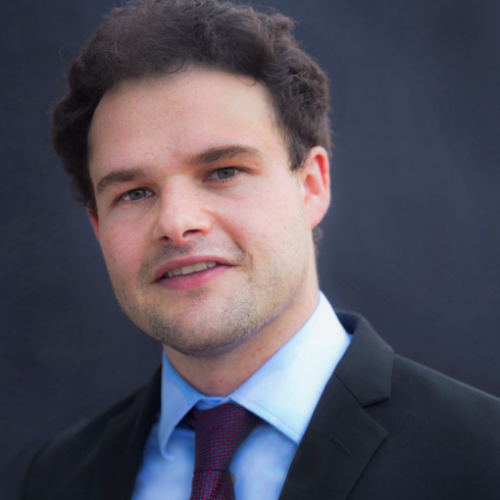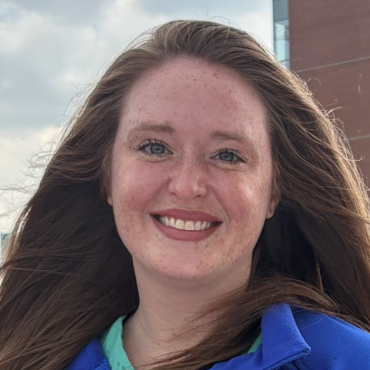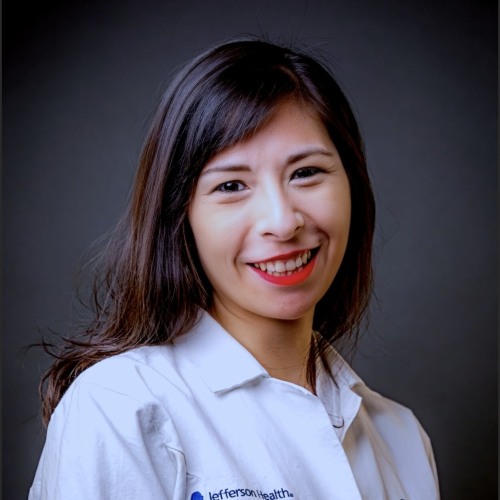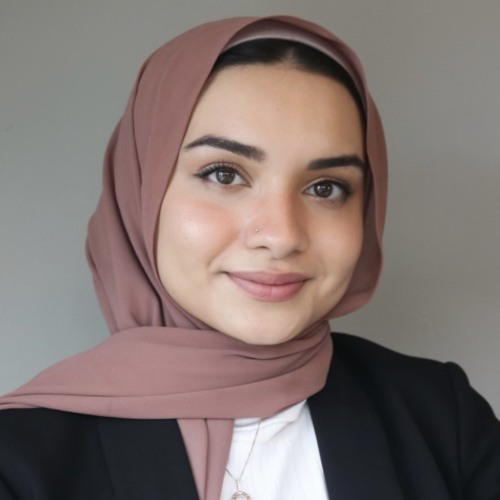Thank you for your interest. The application for this year is now open!
The Global Emergency Medicine (GEM) Division welcomes applications for student interns with a passion for health equity and an interest in a long-term career in global health to assist with ongoing and new projects. Undergraduate, medical and graduate students from Brown University and external institutions are welcome to apply for internship positions to support research, education, and media & communications projects within the GEM division. US-based and international applicants are welcome to apply. Most projects will be conducted virtually or using hybrid (virtual and in-person) format.
Interns are paired with a division mentor to work on one or more projects during their internship. Occasionally, interns may be assigned more than one mentor. The average time commitment varies depending on the project needs, however the average intern spends between 3-10 hours per month over the course of 6-12 months. Larger time commitments for more involved project duties can be arranged and will vary with the specifics of the project. In general, interns are unpaid volunteers, though occasionally there are opportunities for small stipends through Brown University or other sources. Also, the positions do not generally involve work abroad, except in rare cases in which interns have demonstrated a sustained commitment to a division project. Most interns will be able to gain authorship on at least one abstract or publication, and sometimes more, during their time volunteering as a division intern.
Prior skills including experience conducting literature and systematic reviews, experience writing research papers or grant applications, knowledge of statistical or data management programs, and fluency in foreign languages are favorable among intern applicants.
Communications Team: We also seek students with an interest in media and communication to join our Communications Team to support content development for Global Emergency Medicine division projects including infographics, figures for publications, podcasting, and website design.
Important Note for Program in Liberal Medical Education (PLME) and first year Brown Warren Alpert Medical School students only:
The Global Health Initiative (GHI) is piloting a new research Mentor-Mentee Matching Program (include link here) for the 2024-2025 academic year for PLME and first-year Brown medical students interested in global health and/or infectious disease, with the ultimate goal of developing successful research proposals for internal and external funding opportunities. This is the recommended pathway for PLME and first-year Warren Alpert Medical school medical students to find a mentor in global health (including global emergency medicine) at Brown.
Medical students in Year 2-4, or those interested in independent research on a voluntary basis with the GEM division, are welcome to apply to the Global Emergency Medicine Division Student Intern Program.
For more information about the GHI matching program, please visit the GHI website at: https://globalhealth.brown.edu/opportunities/mentor-matching-program
Deadline to apply: September 15, 2024. Notifications of acceptance will be sent by October 1, 2023. Note: The division usually maintains a waitlist of qualified applicants, as student interest often exceeds the capacity of division faculty and fellow mentors. However, there are often new projects requiring intern support throughout the year.
Please contact the Internship Director Dr. Oriane Longerstaey, oriane_longerstaey@brown.edu, with further questions.
Please apply using the following link:
https://docs.google.com/forms/d/e/1FAIpQLSfq040T8Dng2-hCrpSKYk1PRYb9TuLjNH3PqR465cSAXgXk7g/viewform?usp=sf_link
Brown Emergency Medicine (BEM) Rwanda Research & Development Fellowship.
We are very pleased to announce that applications are now being accepted for the Brown Emergency Medicine (BEM) Rwanda Research & Development Fellowship. This is an excellent opportunity for a motivated, adaptable individual with basic research and computer experience, exceptional initiative and interpersonal skills, and with an interest in global health and social justice, to help build emergency care research capacity at the University Teaching Hospital of Kigali in Rwanda.
This is a full-time 10-12 month (flexible start date in late spring/early summer) position based in Kigali, Rwanda. Travel, visa, health insurance and living expenses are covered by the fellowship. Only one fellowship position is available each year. Past fellows have generally been medical students taking a gap year, and current or recent graduates of public health or a health-related graduate degree program. This fellowship is open to all applicants from Brown University and external institutions (including international applicants) who are currently enrolled in a medical or graduate degree program or are within one year of graduation.
Now in the ninth year of the fellowship program, we seek a motivated, adaptable individual with prior teaching and research experience, exceptional initiative and interpersonal skills, and with an interest in global health, education and social justice, to help support the University Teaching Hospital - Kigali (KUTH) emergency medicine residents' research education, and to continue to build emergency care research capacity in Rwanda. Fellows develop a wealth of practical experience working on real-world EM research projects, gain in-depth knowledge of the Rwandan healthcare system, and receive mentorship from KUTH and Brown University faculty.
Responsibilities
- Live in Kigali, Rwanda for 10-12 months (compensation is sufficient to cover travel costs, visa, living expenses, and health insurance over the duration of the fellowship)
- Coordinate and contribute to research projects led by Rwandan and international emergency medicine residents and faculty
- Deliver basic research and computer skills seminars to KUTH residents, including basics of how to use programs such as Microsoft Excel, PowerPoint, statistical programs (EpiInfo, STATA, R, etc.)
- Assist researchers in study design and utilizing expert consultation at partnering institutions as needed
Qualifications
Degree: Bachelor's degree with at least one year of medical or public health training. Recipients of a graduate degree in public health (Master's in Epidemiology, Master's in Public Health, etc.) will receive preference.
Language: Applicant must be proficient in written and spoken English. Some French, Swahili or Kinyarwanda is helpful but not necessary.
Skills
Teaching: Successful applicants should have prior teaching experience and a strong motivation for encouarging others' interest in research. Prior experience teaching research skills (such as basic research design and methodology, statistical analysis) are highly recommended
Research: Successful applicants will have background in quantitative research methodology such as prior coursework in statistical methods and/or practical research experience. Working knowledge of at least one major statistical program (STATA, SPSS, R, Epi Info) is highly recommended. Experience with formal literature and systematic review and manuscript writing for scientific publications are desirable.
Computer: Successful applicants should have excellent general computer skills and be able to use and teach basic functions of common applications as well as the ability to troubleshoot problems. Specific technical skills and coding experience is not expected.
Interpersonal and Communication: Applicants must demonstrate excellent communication and interpersonal skills, strong writing ability, cultural competency, humility, patience, and persistence.
To apply: Please submit the following application materials by January 15, 2025.
- Completed application. Application link: forms.gle/N1hMyp2GfjrmX7g4A
- Cover letter detailing your motivation for seeking the position and relevant experience
- CV/Resume
- 2 letters of support (including one from a research or global health supervisor).
The position will begin in Summer of 2025 and end in Summer 2026 (exact dates are flexible). Potentially qualified applicants will be contacted by email to schedule an interview. A Rwandan visa will be required and will be supported by the fellowship. Only one fellowship position is available per year. This fellowship is open to all applicants from Brown University and external institutions in the United States who meet the application criteria.
Other Opportunities
** Stay posted for upcoming opportunities in the division **
For inquiries regarding division research projects please contact the division Research Coordinator Dr. Meagan Barry at meagan_barry@brown.edu.
